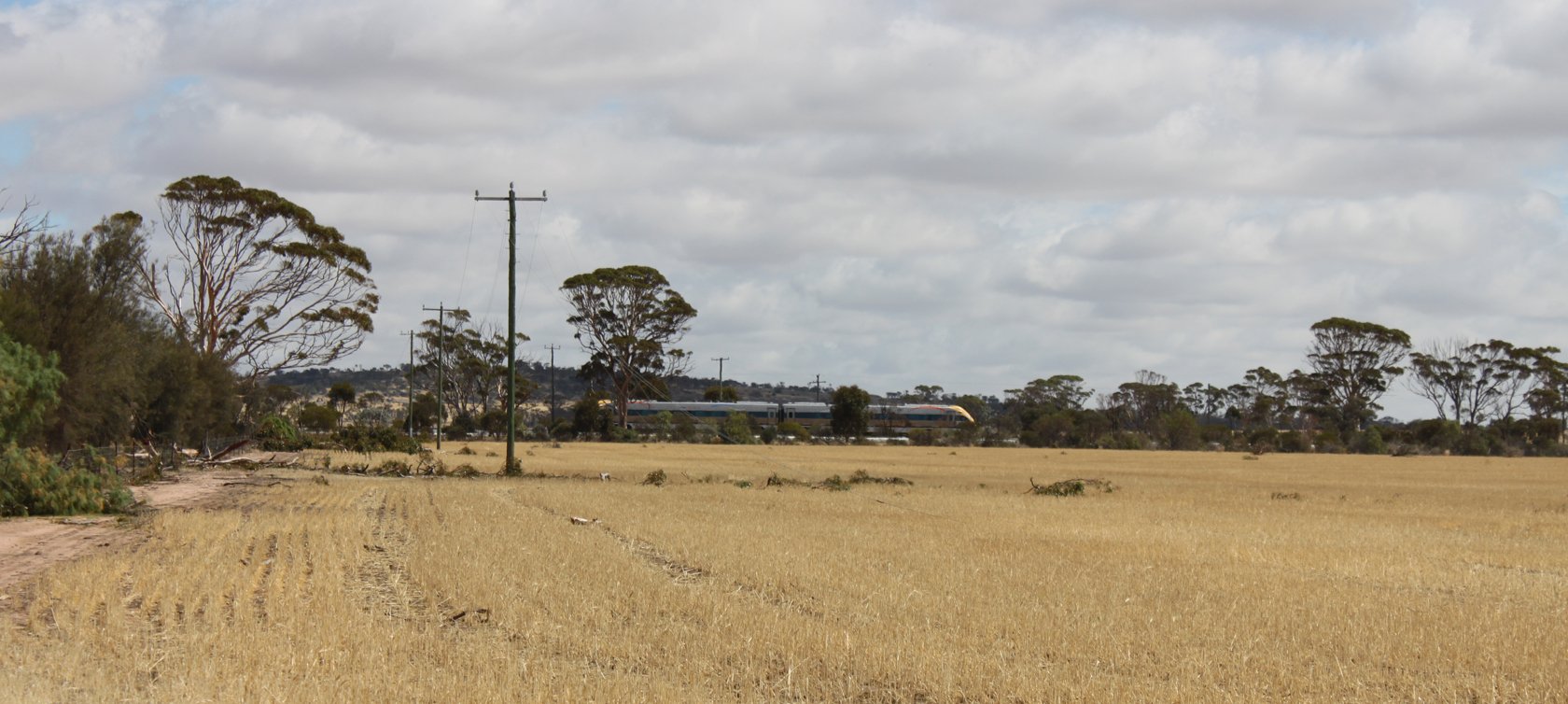
Redundant assets
Keeping the network safe, reliable and efficient by removing redundant assets, and helping you check or report one on your property.
We operate one of the largest independent electricity networks in the world. We focus on maintaining safety and reliability while enhancing the network through innovative solutions that are changing how we operate now and into the future.
Given this focus and the size of the network, assessing and removing redundant assets immediately is not feasible. To manage this cost-effectively and efficiently, we maintain a log of redundant assets and work to remove these as soon as we can, aligning with planned upgrades and maintenance in the area.
Determining whether an asset is redundant
An asset is redundant when it is not serving any customer connection. Some assets may appear redundant but have network connections that aren’t obvious or easily visible. Assets may also be planned or predicted to be part of upcoming works or development. These are some of the things we consider when assessing whether an asset is redundant and can be removed.
Checking your property
If you think an asset on your property is redundant, search your address in the map to view assets we have assessed and deemed redundant.
If you’ve previously notified us and no highlighted boundaries appear on your property, these assets may still be under assessment.
If assets are highlighted, this means they are marked for removal when practicable.
Reporting a potentially redundant asset
You can report potentially redundant assets for our review via our contact form below. When submitting, it helps to provide:
- The ID number(s) found on the equipment; or
- A Google Maps link showing the asset’s location.
Safety note
Always treat any electrical equipment as live. Even if you can’t see any connecting wires, always assume equipment is live and do not touch it.
Unauthorised interaction with the network is unlawful and can result in serious or fatal injury. Even if the asset is redundant, do not approach or touch it, and always keep clear of clearance and danger zones.
If equipment appears damaged, even if you think it is redundant, report it to our faults line on 13 13 51.

Removal timeframes
Our priority is to ensure a safe and reliable network, so once an asset has been assessed and determined as redundant, removals take place as soon as practicable. If you require removal according to a specific timeframe, you can apply to move or remove the asset through the customer funded pathway.
Requesting removal of network infrastructure on your land
You can apply to move or remove network infrastructure. This is commonly part of a development project and is also appropriate where a redundant asset is in the way of planned works or operations. Fees and charges will apply. You can apply here: Move or remove equipment.
Keeping infrastructure for planned development
Before we remove an asset on your land, we’ll try to contact you by SMS or via email. If you have plans that rely on this infrastructure, please let us know through our contact form or contact us on 13 13 51.
New connections after decommissioning
If you require a new connection at your property within 10 years of poles and wires being decommissioned, we will connect your property in accordance with the Electricity Industry (Obligation to Connect) Regulations (2005).
To ensure you’re not disadvantaged by the removal of the overhead network, we will preserve the network-equivalent connection costs for premises within 100 metres of the removed poles and wires for two years from the date we notify you of our intention to decommission. This means if you need a new connection where infrastructure is scheduled for removal or has been removed, you can receive that new connection at the lowest cost. After the two years, any new customers will be required to pay the full cost of connection.
The preservation of connection costs is attached to the land, not the customer. For example, if an eligible customer decides to sell or subdivide their land, the new landowner/s are eligible for the preserved network connection costs if they buy the property and apply for a new connection within the two-year timeframe. To be eligible for the ‘lowest cost’ during this period, you’ll need to provide all relevant planning information (including, but not limited to, building permits, development plans and approvals, or certified electrical loads) when applying.
You can see where the obligation-to-connect zone applies on our map.
Accessing your land
Many of the assets are on private land. Before removing these assets, we’ll endeavour to contact you using the mobile phone and/or email address we have on file. To make sure you don’t miss this contact, you can update your contact details via the form below.
Property access details
Provide us with your land access requirements or update your details
Update now